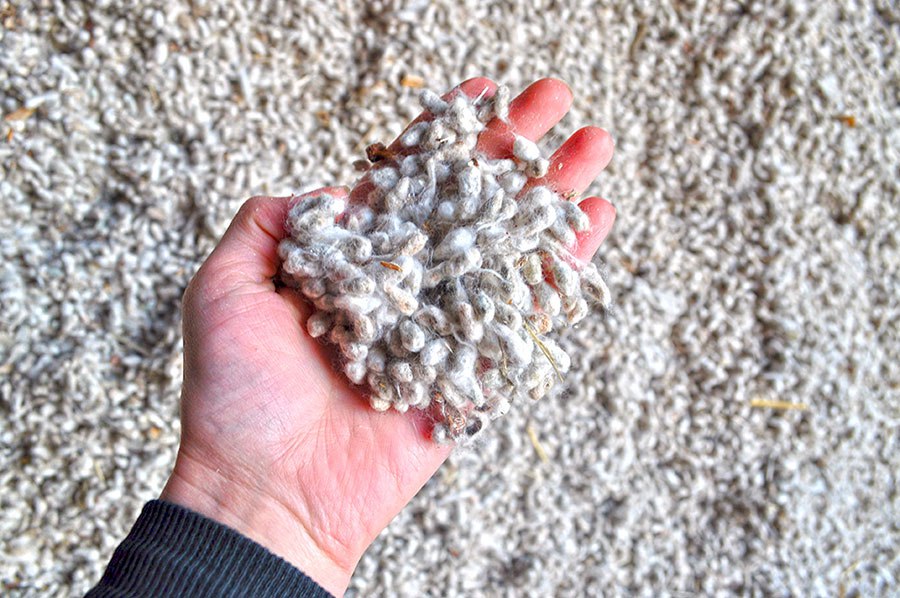Tajikistan has allocated more than 20 million somonis (equivalent to about 1.8 million US dollars) for implementation of its seed-farming development program designed for five years (2021-2025).
According to the Ministry of Agriculture (MoA), state-run seed stocks have been set up and new equipment has been purchased for seed quality analysis labs as part of implementation of the previous seed-farming development program.
An official source at a MoA says that to increase crop yields and strengthen the seed industry, the import of super elite, elite and first-reproduction seeds into the country has been exempt from paying value added tax (VAT) and customs duties.
There are more than 90 specialized seed-farming units are currently operating in Tajikistan, but they are reportedly unable to provide farmers with the necessary amount of seeds.
Most of the farming units use the so-called conventional variety of seeds that leads to low crop yields in the country, the source added.
To-date, most seeds entering Tajikistan’s market have not met the state standard that indicating poor state control.
Tajikistan mainly imports hybrid seeds of vegetables, corn, gourds and decorative trees. Seed imports into Tajikistan annually exceed 10 million US dollars.




